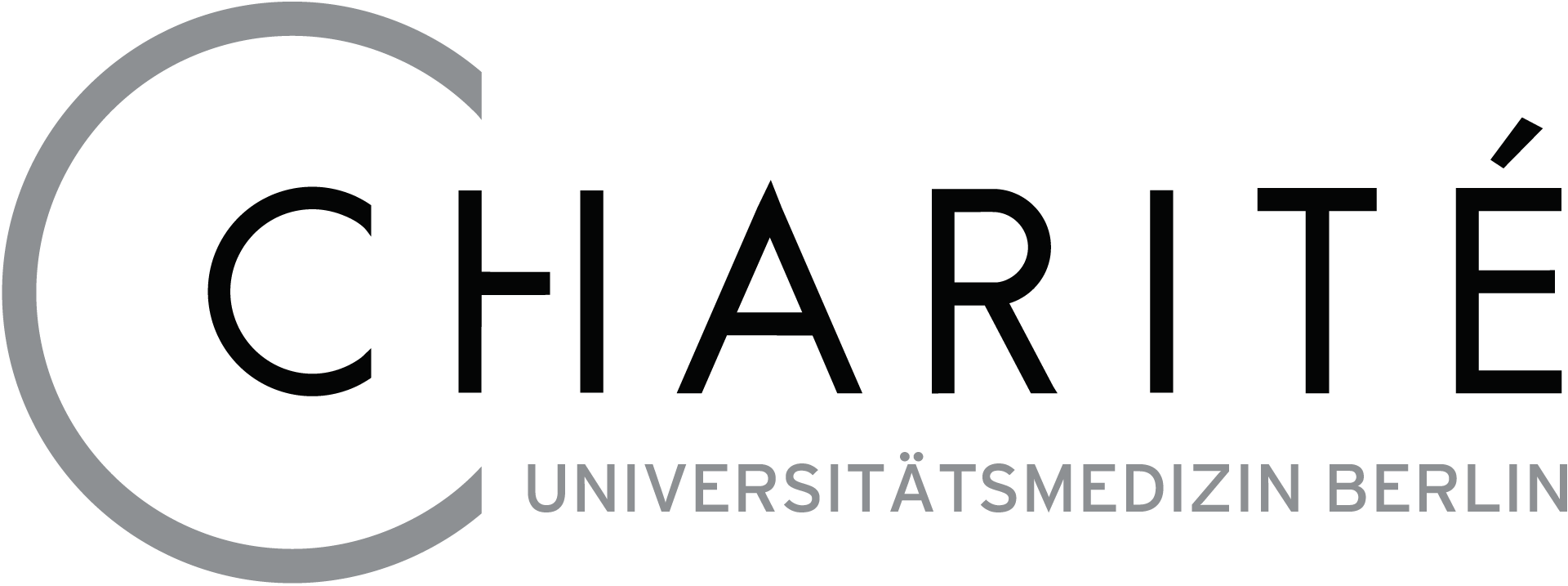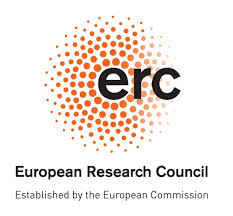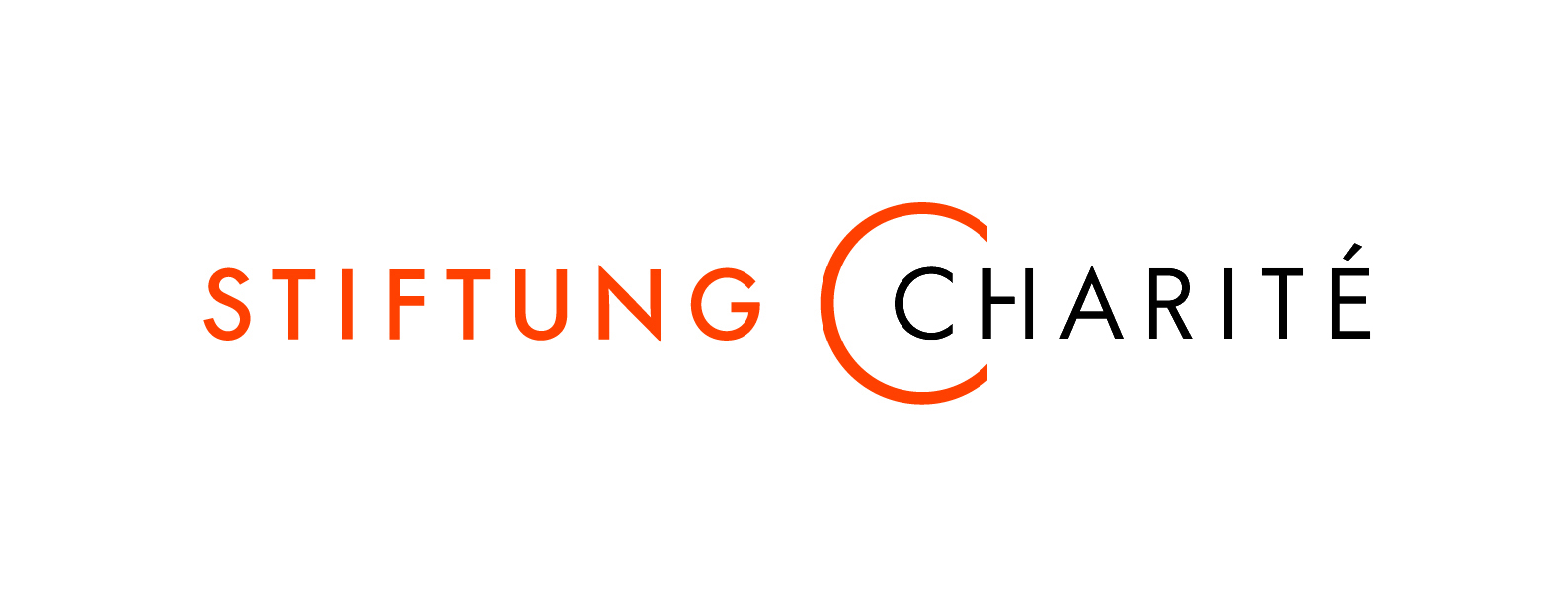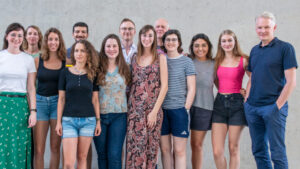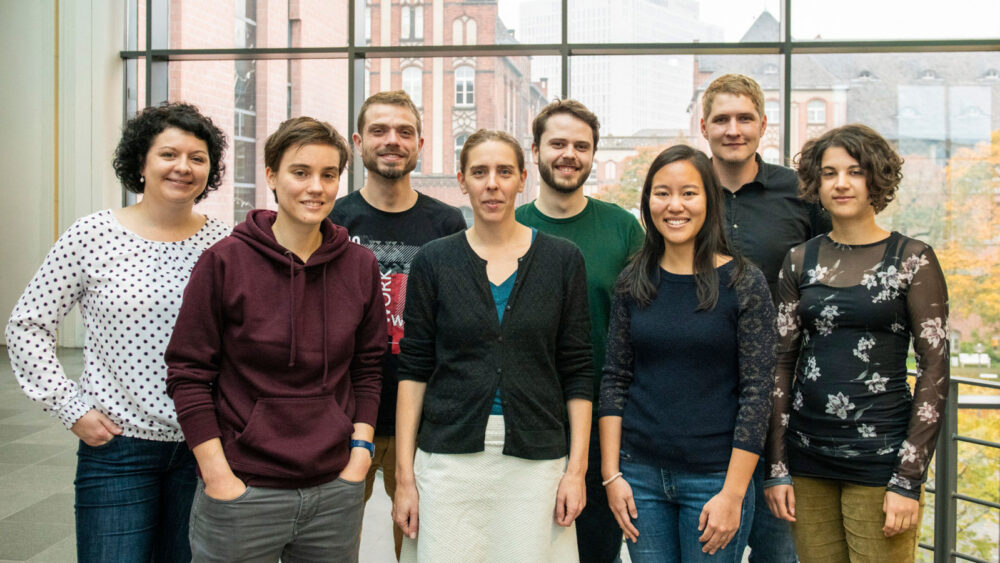

Polansky lab
How the structure of the genome shapes the immune system in health and disease
The 3D structure of our genome – the ‘epi-genome’ – is essential in determining the type and function of a cell. That is why the analysis of the epigenome facilitates deep insights into the developmental history of a cell, its current gene expression profile, and also its future destiny.
CD4+ T lymphocytes provide immunological protection from invading pathogens by differentiation into various functional subtypes. However, they are also one of the main contributors to chronic inflammation and auto-immune diseases. Therefore, our group focuses on the analysis and interpretation of epigenomic structures of CD4+ T lymphocytes in health and during chronic inflammatory diseases such as rheumatoid arthritis. These insights will not only highlight candidate genes and biomarkers involved in the disease-associated mis-differentiation of T cells, but will also pinpoint promising target elements for therapeutic intervention, as epigenetic modifications are in general reversible and hence, ‘druggable’.
One recent research focus of our group was the establishment of precise methods for the targeted manipulation of epigenetic switch regions in the genome of a living cell. For this, we established a state-of-the-art ‘epigenetic editing’ technique based on the CRISPR/Cas9-system in our lab and tested it successfully in primary human T cells. With this, we now aim at switching the functional program of a T cell at will, e.g. for the targeted re-programming of a pathogenic T cell to its normal counterpart. An additional application could be to equip T cell populations with a favorable function for their application in adoptive T cell therapy against auto-immune diseases.
Keywords
Epigenetics
Epigenetic editing
Immune-regulation
T lymphocytes
Cellular senescence

Group leader
Prof. Dr. rer. nat. Julia Polansky
Scientists
Christopher Kressler
Mingxing Yang
Xiao He
PhD students
Marcel Finke
Frederik Hamm
Dania Hamo
Ramonique Lim
Alisier Malard
Internship
Chama Najmi
Master students
Shirley Lugo
Cornelia Peitsch
Technician
Anne Schulze
Coordination
Ulrich Salaschek
Hochmann S, Ou K, Poupardin R, Mittermeir M, Textor M, Riminucci M, Ellinghaus A, Ali S, Jacobi D, Amedeo J, Elmiger J, Schäfer R, Schmidt-Bleek K, Duda GN, Polansky JK, Geissler S, Strunk D. The enhancer landscape predetermines the skeletal regeneration capacity of stromal cells. Science Transl. Med. [in press]
Ou K, Hamo D, Schulze A, Roemhild A, Kaiser D, Gasparoni G, Salhab A, Zarrinrad G, Amini L, Schlickeiser S, Streitz M, Walter J, Volk HD, Schmueck-Henneresse M, Reinke P and Polansky JK (2021). Strong Expansion of Human Regulatory T Cells for Adoptive Cell Therapy Results in Epigenetic Changes Which May Impact Their Survival and Function. Front. Cell Dev. Biol., 18 November 2021.
Kressler C, Gasparoni G, Nordström K, Hamo D, Salhab A, Dimitropoulos C, Tierling S, Reinke P, Volk HD, Walter J, Hamann A, Polansky JK (2021). Targeted De-Methylation of the FOXP3-TSDR Is Sufficient to Induce Physiological FOXP3 Expression but Not a Functional Treg Phenotype. Front Immunol. 2021 Jan 7;11:609891.
Salhab A, Nordström K, Gasparoni G, Kattler K, Ebert P, Ramirez F, Arrigoni L, Müller F, Polansky JK, Cadenas C, G Hengstler J, Lengauer T, Manke T; DEEP Consortium, Walter J. (2018). A comprehensive analysis of 195 DNA methylomes reveals shared and cell-specific features of partially methylated domains. Genome Biol. Sep 28;19(1):150.
Szilagyi BA, Triebus J, Kressler C, de Almeida M, Tierling S, Durek P, Mardahl M, Menning A, Engelbert D, Floess S, Huehn J, Syrbe U, Walter J, Polansky JK*, Hamann A* (2017). Gut memories don’t fade: Expression of the gut homing receptor integrin α4β7 is stably imprinted in CD4+ memory T cells by epigenetic modification of regulatory regions in the itga4 locus. *shared last authorship. Mucosal Immunology, 2017 Nov;10(6):1443-1454.
Durek P, Nordström K, Gasparoni G, Kressler C, de Almeida M, Salhab A, Bassler K, Ulas T, Xiong J, Glažar P, Klironomos F, Sinha A, Kinkley S, Yang X, Schmidt F, Dehghani Amirabad A, Behjati Ardakani F, Feuerbach L, Gorka O, Ebert P, Müller F, Li N, Frischbutter S, Schlickeiser S, Cendon C, Fröhler S, Felder B, Gasparoni N, Imbusch CD, Hutter B, Zipprich G, Tauchmann Y, Reinke S, Wassilew G, Hoffmann U, Arrigoni L, Richter AS, Sieverling L, Chang H-D, Syrbe U, Manke T, Kalus U, Eils J, Brors B, Ruland J, Lengauer T, Rajewsky N, Chen W, Schulz MH, Dong J, Sawitzki B, Chung H-R, Rosenstiel P, Schultze JL, Radbruch A, Walter J, Hamann A, Polansky JK. (2016) Epigenomic Profiling of Human CD4+ T Cells Supports a Linear Differentiation Model and Highlights Molecular Regulators of Memory Development. Immunity, 45, 1148-1161.
Polansky JK, Bahri R, Divivier M, Duitman EH, Vock C, Goyeneche-Patino DA, Orinska Z, Bulfone-Paus S. (2016) High dose CD11c-driven IL15 is sufficient to drive NK cell maturation and anti-tumor activity in a trans-presentation independent manner. Scientific Reports Jan 29;6:19699.

 Deutsch
Deutsch